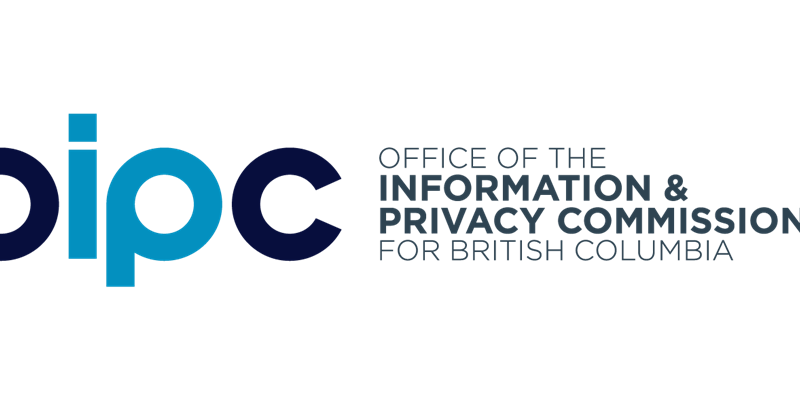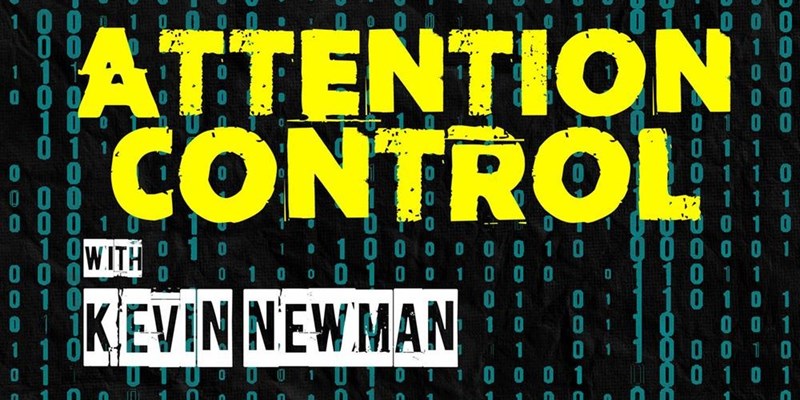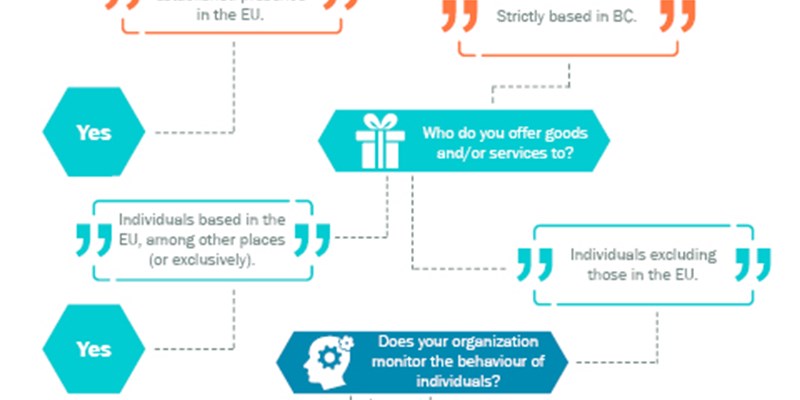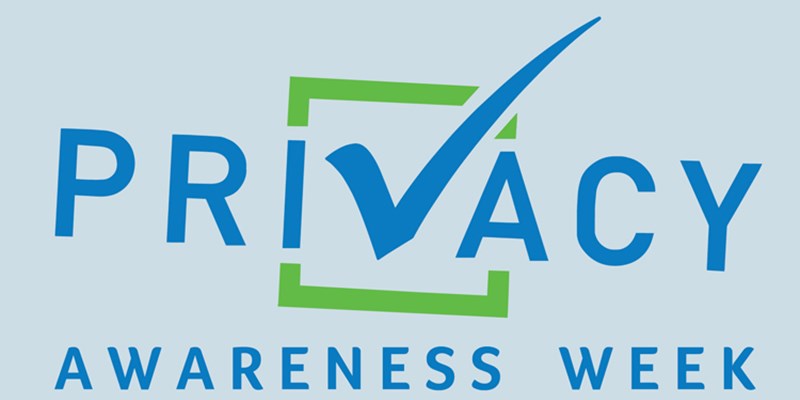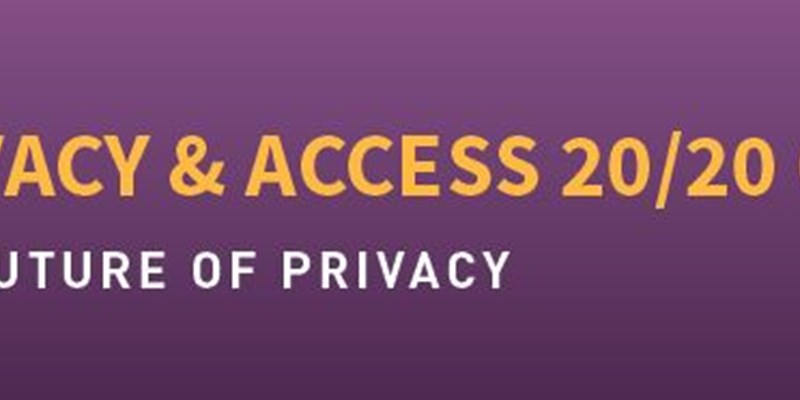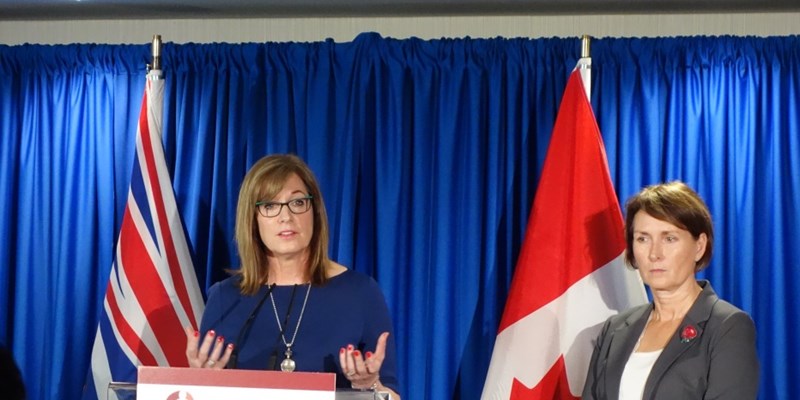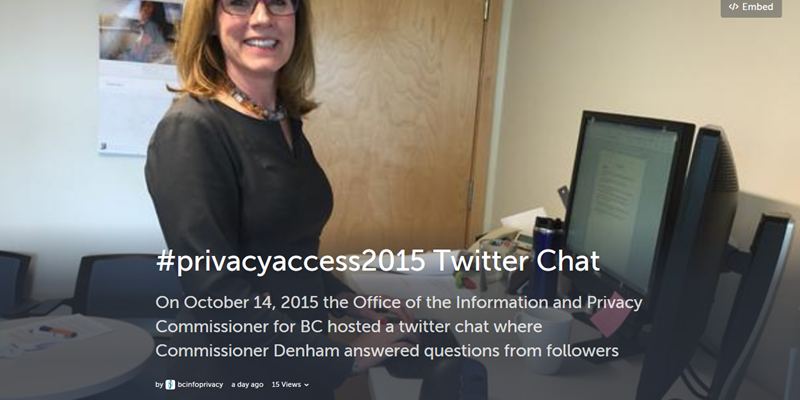Celebrating 30 years of BC's Freedom of Information and Protection of Privacy Act
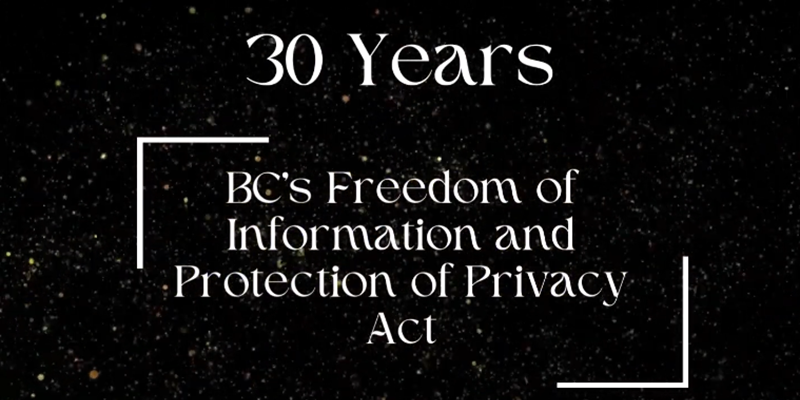
On October 4, 1993, BC’s Freedom of Information and Protection of Privacy Act came into force. The legislation received unanimous support when it was passed in the BC Legislature the year prior – testament to the need for a law that protected British Columbians’ personal information and that gave them access to government information – their information.
On this 30th Anniversary of FIPPA, BC’s Information and Privacy Commissioner Michael McEvoy reflects on the passing of FIPPA, the 30 years of its evolution, and where the legislation needs to go from here.












